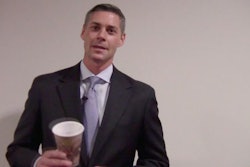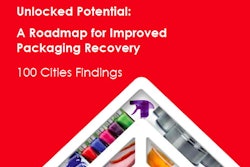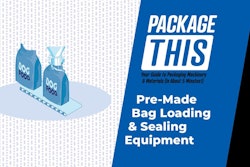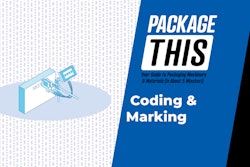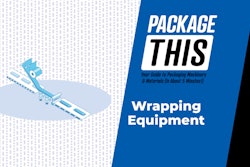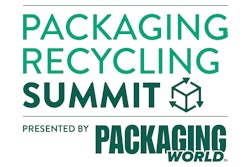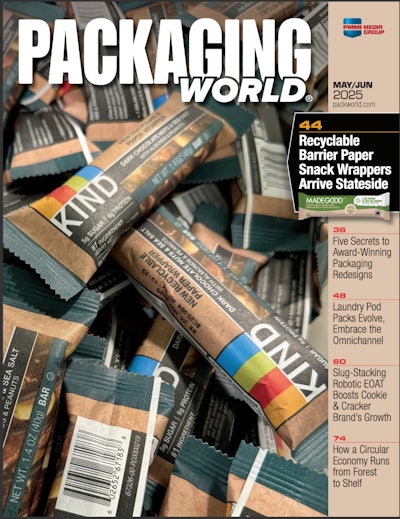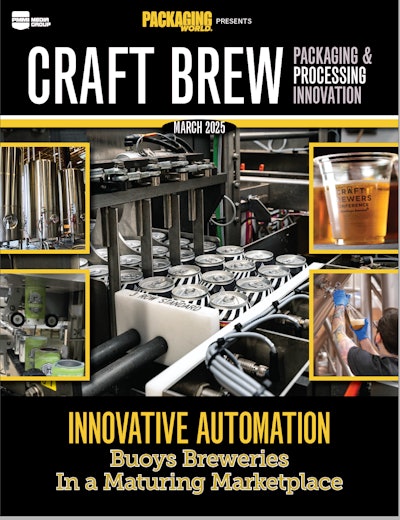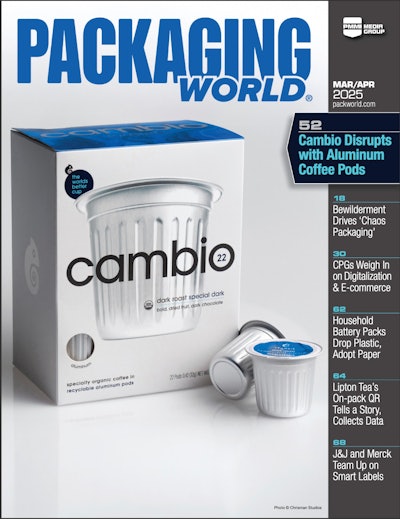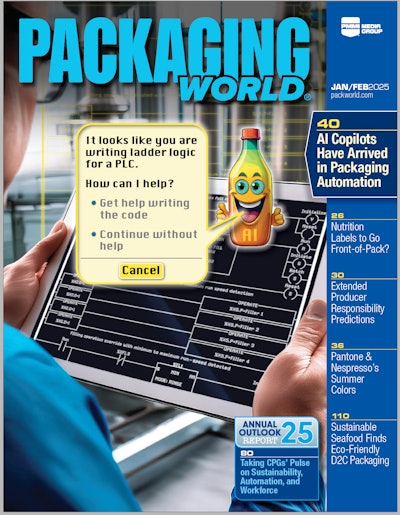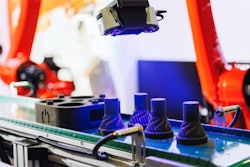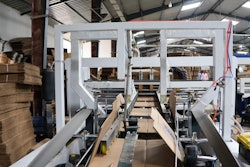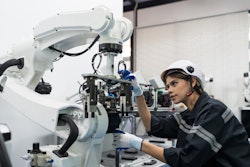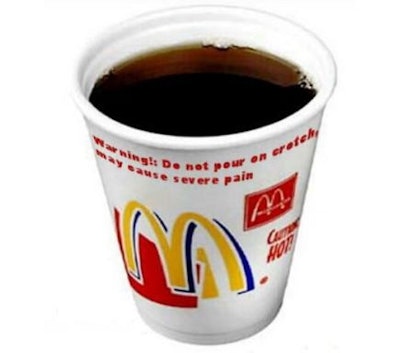
McDonald’s Corp. has confirmed that it will replace all polystyrene beverage cups with paper cups at its 14,000 U.S. outlets. The move comes in response to a shareholder proposal filed by environmental advocacy group As You Sow in 2011, asking it to stop using foam.
In 2012, McDonald’s agreed to test replacement of its foam cups with a double-walled paper hot cup at approximately 2,000 restaurants, primarily on the West Coast. The company deemed the pilots successful, and the paper cup will now become the standard hot beverage cup at all U.S. outlets.
Notes As You Sow, PS is not widely recycled and has become pervasive in the marine environment, carried through storm drains to the ocean. It breaks down into small indigestible pellets that birds and marine mammals mistake for food, resulting in their death. Scores of cities in California have banned or restricted the use of PS food packaging, and Mayor Bloomberg has proposed a ban on foam in the New York City.
McDonald’s began to phase out its iconic clamshell foam hamburger box in 1990 amid controversy about the environmental impacts of PS, but continued to use foam beverage cups.
As You Sow is also in dialogue with Dunkin’ Donuts, which uses foam hot beverage cups. The company recently announced plans to phase out foam cups in two to three years but has not disclosed what materials it will use instead.
According to As You Sow, there are also occupational risks associated with styrene, which is used to make PS. The group says that the International Agency for Research on Cancer has determined that styrene is a possible human carcinogen and it has been listed as listed as a possible carcinogen by the National Institutes of Health's National Toxicology Program.



